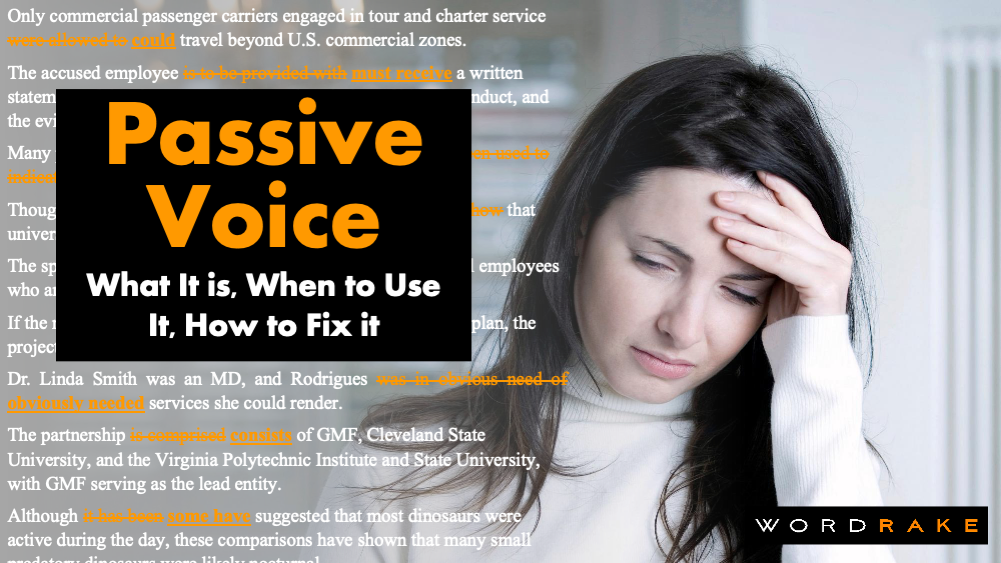Legal ghostwriters help trial lawyers save time and money. According to the Merriam-Webster Dictionary, ghostwriting is writing for someone considered the author. This practice is prevalent in the legal field.
My name is Matt Sullivan, and I founded Sullivan Legal Writing Services. This article discusses who can benefit from legal ghostwriting services, how this solution benefits users, and what to expect when seeking a ghostwriter’s assistance.
Why would attorneys hire a legal ghostwriter?
Most litigators in small and mid-sized firms are experts in their practice areas. However, many of these attorneys do not regularly handle appeals and other substantive writing projects, which require a unique skill set. Authoring persuasive briefs involves extensive research, quality writing, and understanding appellate procedure.
It often makes sense to seek external assistance to optimize time and alleviate the stress of navigating this unfamiliar territory. Collaborating with a legal ghostwriter enables trial attorneys to concentrate on their expertise while ensuring their written arguments are well-crafted and strategic.
Some projects necessitate the help of a legal ghostwriter.
A legal ghostwriter can be invaluable when a firm does not have the time or expertise to devote to the writing process. Common scenarios include:
- The case requires extensive legal research to formulate persuasive arguments.
- The matter has an impending deadline, making it impossible for the firm’s attorneys to draft a high-quality brief on time.
- The litigation involves an unfamiliar area of law requiring robust research skills.
- The firm determines there is a need for an objective analysis and arguments from an appellate perspective.
Hiring a legal ghostwriter does not compromise one’s ethics.
Attorneys often employ “internal” ghostwriters. Associates and paralegals ghostwrite whenever they draft a brief or memo, attributing the document to their superiors. Moreover, hiring external assistance for a legal writing project ensures clients receive the highest quality written representation. Therefore, using a legal ghostwriter meets a litigator’s ethical obligations to the client.
Legal ghostwriters are a better option than generative AI.
Artificial intelligence is inferior to a skilled legal ghostwriter. Though both machine and human ghostwriters can be effective, generative AIs produce their results by modeling and imitating. In contrast, the best flesh-and-blood ghostwriters are unpredictable. This quality separates the human ghostwriter from their machine counterpart.
When help is needed on a legal writing project, choose wisely.
Not all legal ghostwriters are the same. Choosing the right one is essential for delivering a persuasive appellate brief. Consider the following factors:
- Experience in Appellate Practice: The writer should have years of experience handling federal and state appeals in civil and criminal law.
- Track Record and References: A reputable legal ghostwriter will have a voluminous and diverse history of appellate work and positive client feedback.
Before contacting a legal ghostwriter, gather and organize documents.
To avoid delays at the beginning of a project, attorneys should collect the following materials before engaging a ghostwriter:
- Relevant pleadings, motions, memoranda, and trial court orders or rulings.
- Transcripts of all the pertinent hearings. (If the notes of testimony are unavailable, make sure they have been ordered.)
- Client objectives and priorities, including any strategic considerations.
There are ways trial lawyers can reduce the cost of hiring a legal ghostwriter.
Legal ghostwriting services are cost-effective when used efficiently. To manage expenses:
- Provide a well-organized case file to minimize the ghostwriter’s time sorting documents.
- Clarify the scope of work upfront to avoid unnecessary research and writing.
Legal ghostwriting can solve the problems associated with persuasive writing.
Ghostwriters handle a range of tasks, including:
- Legal research: Identifying relevant case law, statutes, and secondary sources.
- Drafting briefs and memoranda: Writing appellate briefs as well as trial court motions and memos.
- Editing and citation formatting: Ensuring compliance with Bluebook or jurisdictional citation standards.
- Local court rule compliance: Tailoring documents to jurisdictional requirements.
- Mooting for argument development: Helping attorneys refine oral and written advocacy.
- Filing: Legal ghostwriters can perform electronic and paper filing.
- Communication: Typically, legal ghostwriters communicate with attorneys, not directly with the represented party.
The Legal Ghostwriting Process and Turnaround Time
The process for legal ghostwriting involves:
- Initial consultation: Discussing case details and defining the scope of work.
- Transmitting case materials so the legal ghostwriter can analyze the record.
- Signing Fee Agreement.
- Transmitting case materials so the legal ghostwriter can analyze the record.
- Drafting: Preparing a high-quality appellate brief or memorandum.
- Client feedback and revisions: Ensuring the final product meets the attorney’s needs.
- Final editing and formatting: Checking citations, compliance, and style.
Turnaround time varies based on complexity and workload. A typical turnaround for an appellate brief is 30 days.
Collaboration with Other Legal Professionals
Some legal ghostwriters consult with subject-matter consultants to enhance their work. If the case involves technical or niche areas of law, a ghostwriter may suggest additional expert input.
Conclusion
For trial attorneys managing appeals, collaborating with a legal ghostwriter can be a strategic and cost-effective solution to the challenges of legal writing. By choosing a qualified writer, preparing necessary materials, and clearly defining the scope of work, litigators can ensure their appellate briefs are persuasive, thoroughly researched, and procedurally sound.
Whether you need full brief writing, targeted research, or final editing, working with a skilled legal ghostwriter can enhance the quality of your appellate advocacy while allowing you to focus on your core practice areas.
About Matt Sullivan
Matt Sullivan is an attorney living in Philadelphia with two cats. He has worked as a trial lawyer in Southeastern Pennsylvania for over seven years, handling matters at the trial and appellate levels in federal courts as well as Pennsylvania’s state courts. Before opening a legal ghostwriting firm, he was a law clerk for the Honorable Roxanne Covington in the Philadelphia County Court of Common Pleas.
He earned his undergraduate degree from Pennsylvania State University, and moved to Southern California surf, before getting his J.D. at Drexel University Kline School of Law. He is licensed to practice law in the Pennsylvania state courts, the Third Circuit, and the Eastern District of Pennsylvania.




.png)




